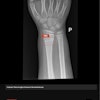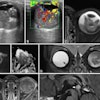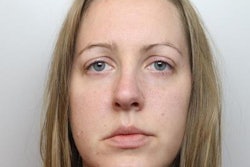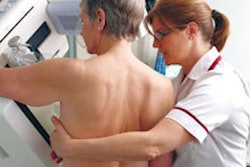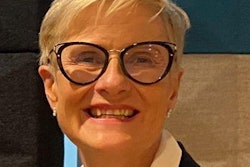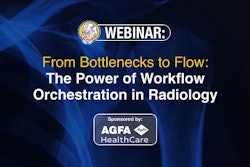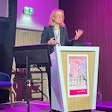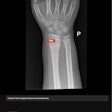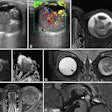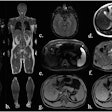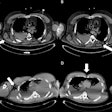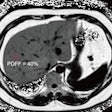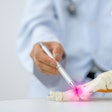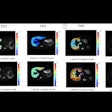
In the wake of the murder conviction of neonatal nurse Lucy Letby, radiologists must bring an end to interprofessional conflict, act in a dignified and professional way, and emphasize the contribution they make to patient care, says U.K. Royal College of Radiologists (RCR) President Dr. Kath Halliday.
On 21 August, Letby received a whole-life prison sentence, with no chance of parole, for the murder of seven babies and the attempted murder of six more.
"No one can fail to be shocked at the enormity of Lucy Letby's crimes," Halliday told RCR members in her monthly message on 30 August. "Now that we have a verdict, attention is rightly being turned on the hospital (Countess of Chester) where the crimes took place. We need to understand how Letby could have gone on harming babies after suspicions were raised and why it took so long to bring her to justice."
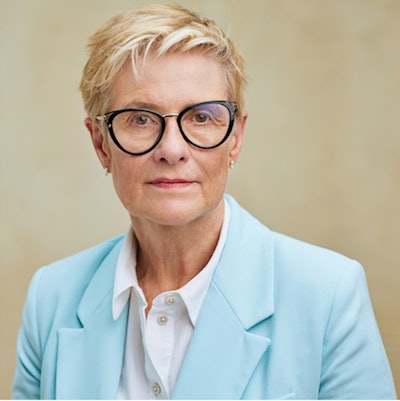 Dr. Kath Halliday. Photo courtesy of RCR.
Dr. Kath Halliday. Photo courtesy of RCR.These words have extra resonance because Halliday is a pediatric radiologist. She was chair of the British Society of Paediatric Radiology from 2010 to 2016, and she chaired the working group for the updated guidance for imaging in cases of suspected physical abuse in children.
In the Letby case, consultant pediatricians were concerned about her from an early stage, but they felt their concerns were ignored -- apparently due to "interprofessional tensions" and because "senior managers of a nursing background" failed to take the doctors' views seriously, according to Halliday.
"This is not the first time we have seen patients suffer due to inadequate team working between healthcare professions," she added. "Poor relations between midwives and consultants have been cited as a factor in several of the high-profile inquiries into U.K. maternity care."
Radiologists need to do everything in their power to avoid this situation, Halliday urged.
"Sporadic adverts for advanced practitioners who will deliver 'autonomous clinical practice to an equivalent level of a consultant radiologist' are inaccurate and unhelpful," she wrote. "The reality in the majority of centers is that good care is delivered in multidisciplinary teams in which consultants, trainees and advanced practitioners all play an essential part and we must not let the odd poorly worded adverts affect mutual respect."
Similarly, there is negative commentary on social media about physician and anesthesia associates.
"Hostility is fueled by a general feeling that doctors are both undervalued and under-appreciated, made much worse by an apparently indifferent government, but tribalism is not the answer. Disrespect and loss of trust between professions create intolerable working conditions and most importantly, are disastrous for patient care," she pointed out.
"There is plenty of work for everyone and now, more than ever, we need all hands to the pump. Healthcare cannot continue without doctors, everyone knows that," Halliday concluded.

